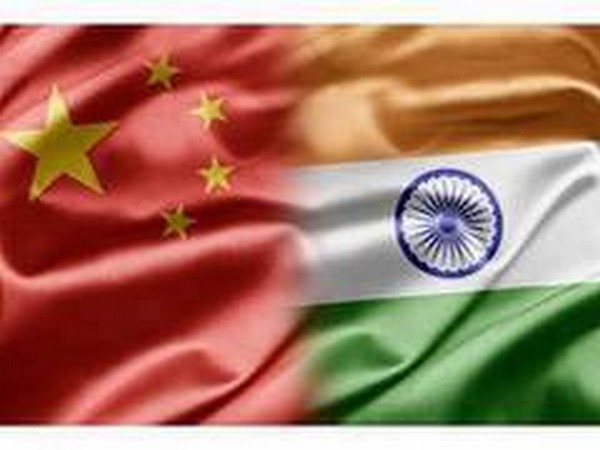Beijing has no discriminatory measures for Indian products, services: Chinese Ministry of Commerce
Just days after the Indian government banned 59 Chinese apps in a targeted move to ensure the safety and sovereignty of Indian cyberspace, the Chinese Ministry of Commerce (MOFCOM) said on Thursday that Beijing, in comparison, has no restrictive or discriminatory measures for Indian products as well as services.

- Country:
- China
Just days after the Indian government banned 59 Chinese apps in a targeted move to ensure the safety and sovereignty of Indian cyberspace, the Chinese Ministry of Commerce (MOFCOM) said on Thursday that Beijing, in comparison, has no restrictive or discriminatory measures for Indian products as well as services. It stressed on implementing a "consensus reached by leaders from both sides to promote regional development".
"The success of China-India economic and trade cooperation today is the result of joint efforts from the governments and enterprises of the two sides, and serves the fundamental interests of the countries' peoples," the ministry spokesperson Gao Feng was quoted as saying by China's state-run media outlet 'Global Times' today. The comments were made days after the Indian government issued a ban on 59 Chinese apps including TikTok, citing concerns of potential violations of India's sovereignty and national security. The ban came in the wake of a deadly border clash between troops from both sides last month.
In its report, the media outlet has already said that the "political crackdown" in the form of an app ban by New Delhi is a severe blow to the confidence of Chinese investors and traders. "What the Indian government and people have done has dealt a severe blow to the confidence of Chinese investors and traders and the Indian economy could remain subdued for a protracted time under the devastating shocks from the coronavirus outbreak," it said.
The report said over the years China-India border brawls have occurred occasionally "but it would be uncommon for the two countries to engage in an economic war". "Even during the Doklam standoff in 2017, India's economic losses were limited as bilateral trade ties recovered quickly following the crisis. But that doesn't mean the Indian side should underestimate the consequences of an economic war with China. And China's restraint is not a reason for India to recklessly crackdown on Chinese businesses," it said.
"Under such circumstances, if the Indian government continues to pamper the country's nationalist sentiment, it may suffer more economic losses than it did during the Doklam crisis. We sincerely hope the Indian government will wake up to the reality of the situation and help prevent the current crisis from deteriorating to a firestorm," it added. Noting that it is undeniable that the app ban will hurt the commercial interests of relevant Chinese companies, the report said when looking at the bigger picture, it is clear that India is "in no position to cause harm to China's juggernaut economy".
"India's attempt to extend the China boycott to the internet services sector is sending a very negative signal as the country's boycott-China provocations will further worsen bilateral relations to trigger an economic conflict," it said. The face-offs on the LAC particularly violent face-off in Ladakh's Galwan valley on June 15-16 after an attempt by the Chinese troops to unilaterally change the status quo during the de-escalation has triggered an anti-China sentiment in India. Twenty soldiers were killed in the face-off and Indian intercepts revealed that the Chinese side suffered 43 casualties including dead and seriously injured.
Ji Rong, the spokesperson of the Chinese Embassy in New Delhi, said his country is seriously concerned with and firmly opposed to such action. "The Chinese side is seriously concerned with and firmly opposed to such action. India's measure selectively and discriminatorily aims at certain Chinese apps on ambiguous and far-fetched grounds, runs against fair and transparent procedure requirements, abuses national security exceptions, and suspects of violating WTO (World Trade Organisation) rules," Ji said.
(This story has not been edited by Devdiscourse staff and is auto-generated from a syndicated feed.)
ALSO READ
ANALYSIS-If you can’t beat 'em? European politicians embrace TikTok despite security fears
Arunachal Pradesh: RGU students stage sit-in protest in support of Ladakh's statehood demand
ANALYSIS-TikTok's popularity among European politicians rises despite security fears
Cong, NC finalise seat sharing for LS polls in J-K, Ladakh; each to contest 3 constituencies
Cong to contest Udhampur, Jammu, Ladakh LS seats; NC to contest Anantnag, Srinagar, Baramulla: Omar Abdullah.










